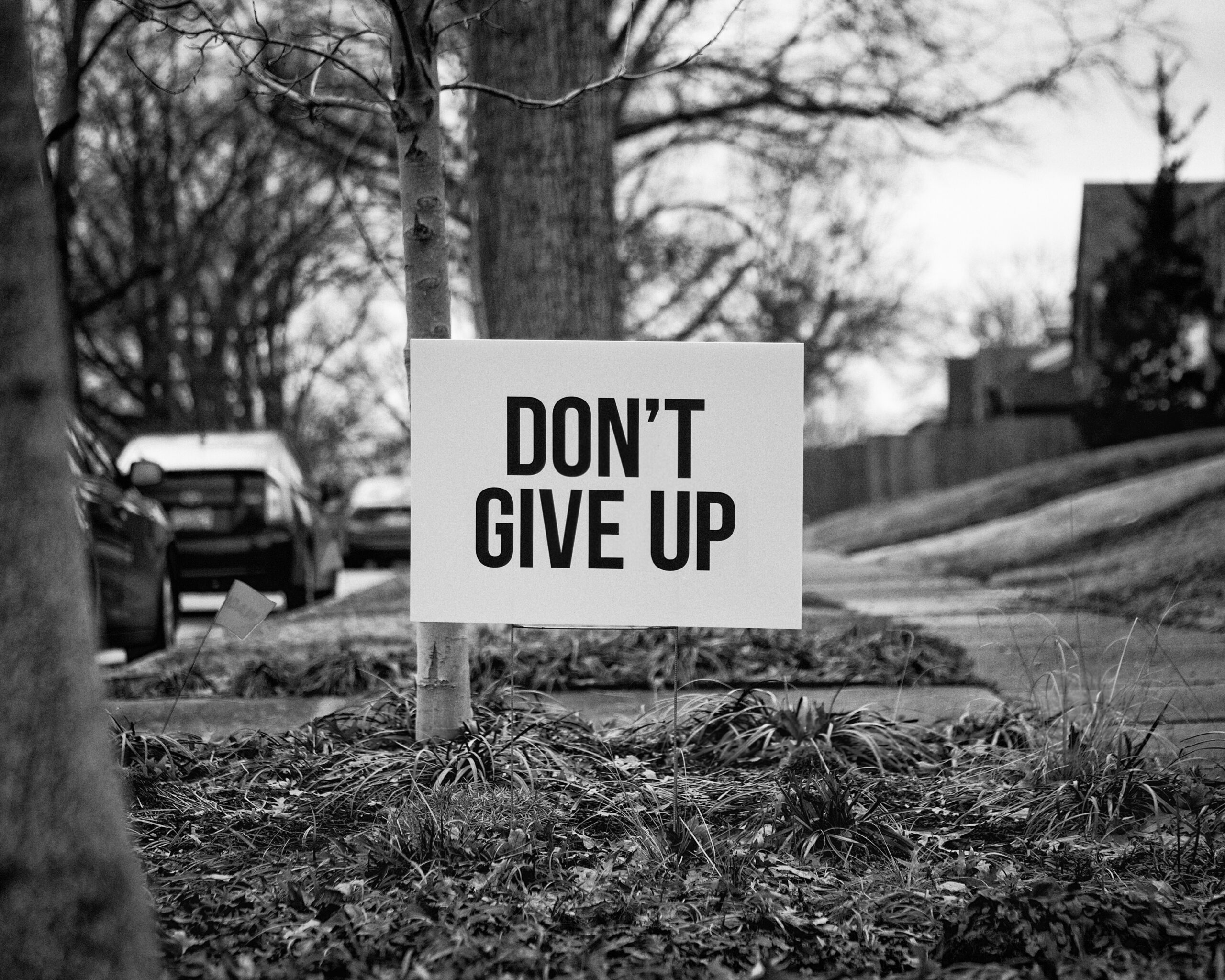Don’t Allow Your Young People to Settle for Happiness
By Tim Elmore
I know a young couple who recently got married, but shortly thereafter, one of the partners decided she didn’t want to stay married. Her reasoning? She wasn’t happy. She claimed he never made her happy and she should not have married him. While that may all be true, it grieves me that millions of folks presume other people or situations should make them happy.
- People say: “I just want to be happy.”
- Parents say: “I want my children to be happy.”
- Spouses say: “You do (or don’t) make me happy.”
The Paradox of Our Day
We live in a day where we assume people are smarter than ever. We have more formal education and have access to more information. One could expect that we are more logical and rational than ever, acting on reason (not emotional impulses) more than past generations.
That, however, is not what the data show.
Information and reason have never been the primary source of human behaviors—especially not today. We act on what makes us happy. We are motivated by “happiness chemicals” like endorphins, dopamine, and serotonin, which all play a role in how we experience happiness. From my study of history, today’s generation is moved less by dutifulness than in days gone by and more motivated by situations that trigger those “happy chemicals” inside us. In fact, now that people know the science behind these pleasure chemicals, we migrate toward what stimulates them in us. This educated generation has a happiness habit. We binge on it.
- We feel deserving of happiness.
- We are desperate for happiness.
- We become addicted to happiness.
Unfortunately, it eludes us.
Studies show that people are less happy today than people were in the past. The General Social Survey, which has collected data on American attitudes and behavior since 1972, reported two years ago that our happiness levels were lower than at any time since the survey began. This year, American happiness levels hit a record low. That’s the finding of a new Gallup poll inquiring how people feel about their lives and about the future. In fact, Americans are less happy than most other industrialized nations. It’s quite sad.
How could a country that started with a declaration saying we’re entitled to “the pursuit of happiness” end up where we are today?
Solving Our Problem
I believe our problem is: we begin with the wrong premise. Happiness is elusive if it is our end goal. It always works more like a by-product that sneaks up on us when we pursue meaning. Further, because we are educated and assume we’re smarter than past generations, we’re blind to the fact that we act more from an addiction to happiness chemicals than a desire to pursue purpose.
Further, happiness in itself is such a shallow goal. It’s shortsighted and self-serving. When we settle for happiness, we join the crowd of millions on social media who are seeking it and posting selfies, as if to proclaim: “I’ve found happiness—see this vacation? See this dessert I’m about to eat?” We pose and pretend so others believe we’ve somehow arrived, at least that day. This often doesn’t last.
We must model and teach the emerging generation there is a better way, a deeper, authentic way to live. We must stop “settling” for happiness.
Instead, we must model a life of meaning for our kids. We must teach our young people to pursue meaning, which generally comes from service to others and adding value to our community. I know, I know. It sounds cliché. But clichés exist for a reason. Many are true.
Don’t let kids settle for happiness by telling them: “I just want you to be happy.” Happiness should have never been a goal in our Declaration of Independence. Those early forefathers should have written that we’re entitled to “life, liberty and the pursuit of meaning.” I believe we are most happy when happiness is a by-product of the pursuit of meaning and purpose. Here’s an example:
Kayla was depressed when I first met her. Intelligent, talented—but struggling with a daily, nagging, low-grade depression. Last year, a friend asked her to help teach younger kids some Habitudes.® As Kayla began to give of herself to sixth grade students, she told me she felt better. In fact, she felt happy. She told me her depression left her. It was a great trade-off. So, what if we:
- Trade the pursuit of happiness for the pursuit of meaning.
- Trade the pursuit of pleasure for the pursuit of purpose.
- Trade the impulse for possessions for the hunger for service.
I remember attending a conference where John and Margaret Maxwell did a Q and A session on marriage. They’d been married for fifteen years at the time, and many from the audience had questions about what made their marriage work. One woman raised her hand and asked, “Margaret, does John make you happy?” I’m sure she assumed Margaret would elaborate on the many things John Maxwell did to delight her.
Instead, Margaret’s answer was shocking. She replied, “No. John doesn’t make me happy.” After a pause, Margaret continued. “I learned years ago it’s impossible for anyone to make me happy, and it was futile to expect that of another person, not even my husband. Happiness is a choice I make through serving others.”
Let’s do the same.





